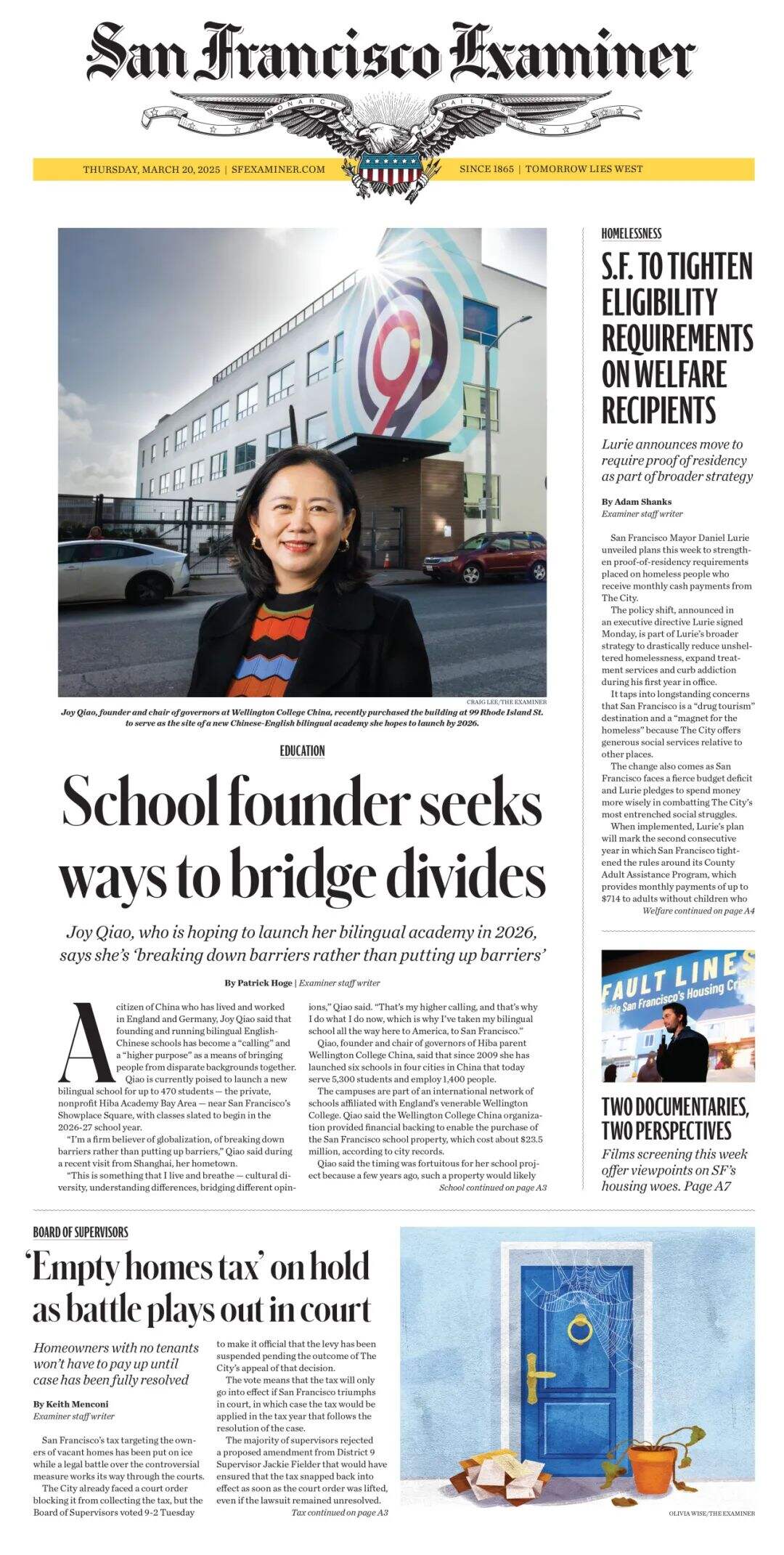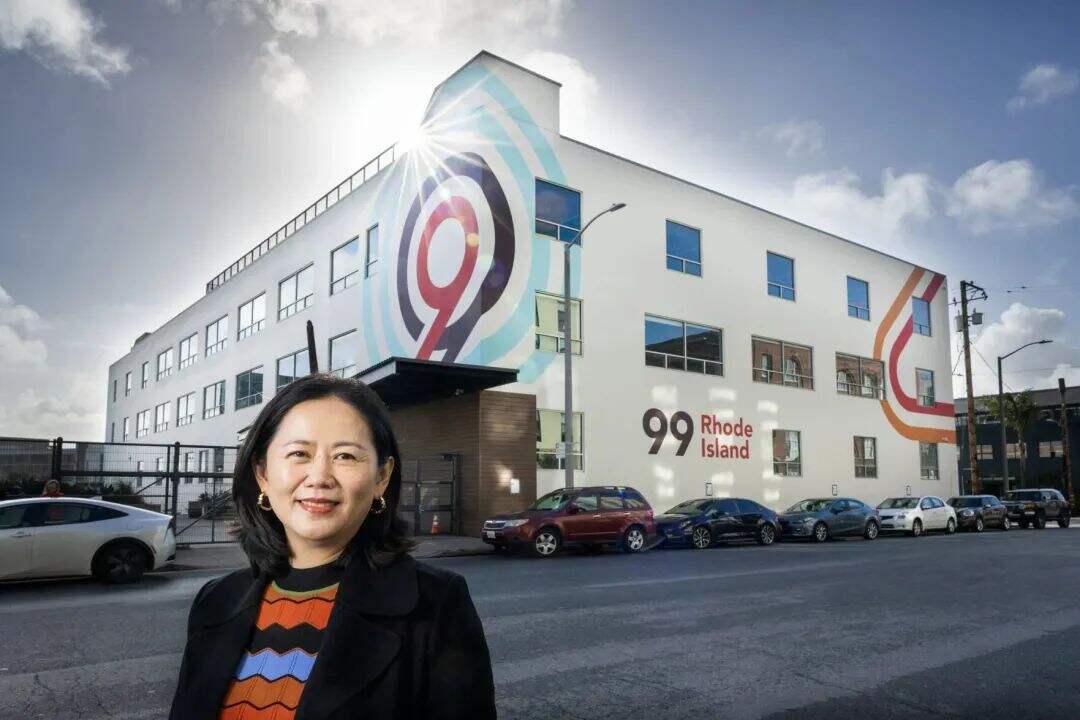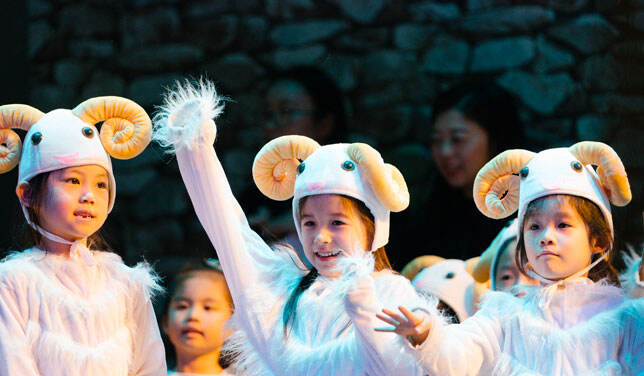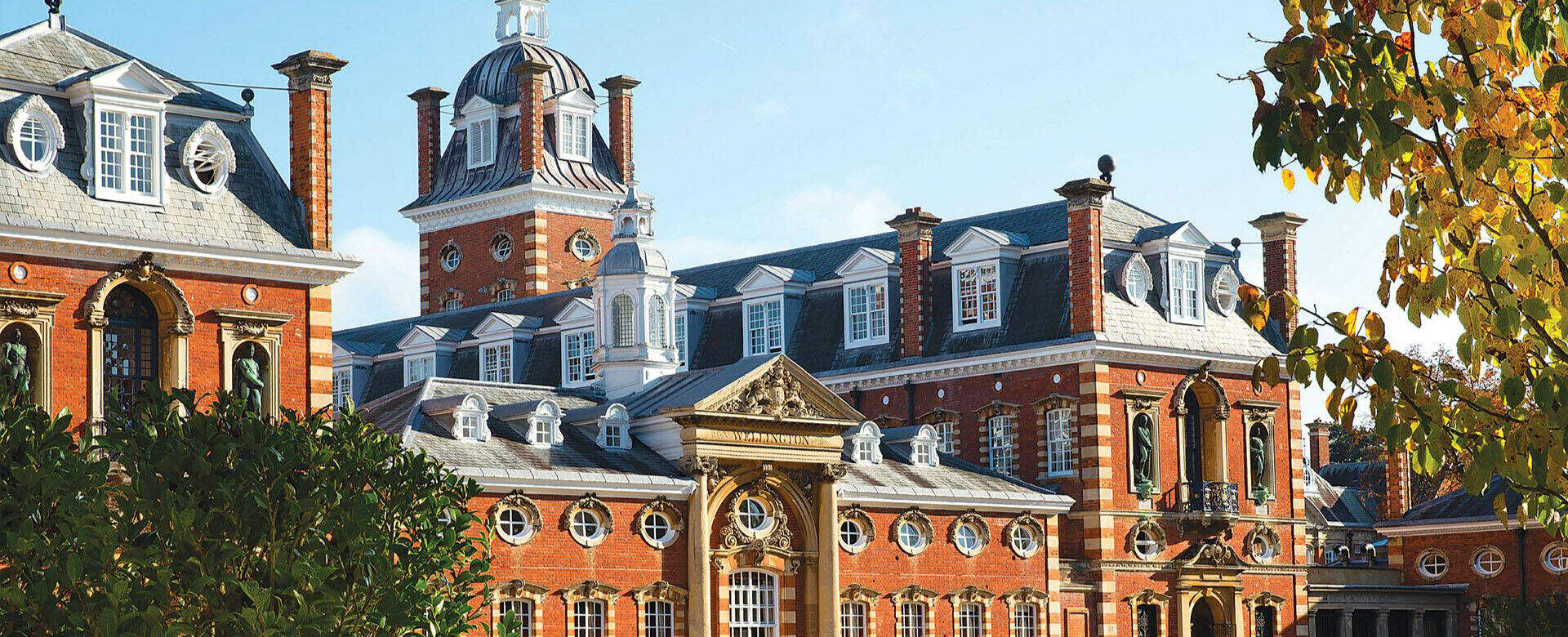惠灵顿(中国)教育集团获中外权威媒体报道
近日,惠灵顿(中国)教育集团创始人、理事长乔英女士先后亮相中国国际电视台(CGTN)及美国《旧金山观察家报》,向海内外传递惠灵顿(中国)教育集团的革新理念。
在CGTN的英文直播报道中,乔英女士深入剖析人工智能之于未来教育的深远影响:“AI确实可以大大提升工作效率,但有温度的教育离不开人性的关怀。”她特别强调:“惠灵顿(中国)教育集团以‘仁、义、礼、勇、信’五大价值观为导向,这些品质需要教师言传身教,而非算法在短时间内可以做到的。”
点击收看报道节选
同期,《旧金山观察家报》专版刊载乔英女士专访。谈及即将于2026年秋季开校的旧金山湾区惠立学校,她动情表示:“推动文化共融、搭建理解桥梁,是我毕生追求的教育使命。”旧金山湾区惠立学校的创立,正是惠灵顿(中国)教育集团为全球社会培养双语人才,促进多元文化繁荣发展迈出的重要一步。

Bilingual-school founder wants to bridge divides
By Patrick Hoge | Examiner staff writer
Mar 20, 2025 Updated Mar 21, 2025

Joy Qiao, founder and chair of governors at Wellington College Education (China), recently purchased the building at 99 Rhode Island St. to serve as the site of a new Chinese-English bilingual academy she hopes to launch by 2026.
Craig / Craig Lee/The Examiner
A citizen of China who has lived and worked in England and Germany, Joy Qiao said that founding and running bilingual English-Chinese schools has become a “calling” and a “higher purpose” as a means of bringing people from disparate backgrounds together.
Qiao is currently poised to launch a new bilingual school for up to 470 students — the private, nonprofit Hiba Academy Bay Area — near San Francisco’s Showplace Square, with classes slated to begin in the 2026-27 school year.
“I’m a firm believer of globalization, of breaking down barriers rather than putting up barriers,” Qiao said during a recent visit from Shanghai, her hometown.
“This is something that I live and breathe — cultural diversity, understanding differences, bridging different opinions,” Qiao said. “That’s my higher calling, and that’s why I do what I do now, which is why I’ve taken my bilingual school all the way here to America, to San Francisco.”
Qiao, founder and chair of governors of Hiba parent Wellington College Education (China), said that since 2009 she has launched six schools in four cities in China that today serve 5,300 students and employ 1,400 people.
The campuses are part of an international network of schools affiliated with England’s venerable Wellington College. Qiao said the Wellington College Education (China) organization provided financial backing to enable the purchase of the San Francisco school property, which cost about $23.5 million, according to city records.
Qiao said the timing was fortuitous for her school project because a few years ago, such a property would likely have been out of reach.
The new school will eventually serve students from pre-kindergarten through fifth grade in a three-story, roughly 60,000 square-foot commercial building at 99 Rhode Island St. that was built in 1948 and was once the headquarters of the vacation-rental website Airbnb. The Board of Supervisors and the mayor last month approved the school operating there.
The school — which has large windows, a nearly 10,000-square-foot parking lot that will become a play yard, and a large roof deck — will initially only have classes up to the first grade. Long term, Qiao has ambitions of serving middle- and high-school students in The City, as well.
Hiba also announced late last month that it had hired a founding head of school, Colette McWilliams, who has international experience and most recently was head of elementary for Trinity School in Menlo Park. Construction of the San Francisco school is slated to begin this summer, with classes starting in August of 2026.
Qiao’s team visited nearly 60 potential sites around the Bay Area over a one-year period before settling on the Rhode Island Street property.
“In the end, we decided that urban San Francisco is the place to be,” Qiao said. “I’m from Shanghai. I personally like the urban feel of a metropolitan city.”
The San Francisco venture is the latest step in an entrepreneurial journey that Qiao said has evolved into an encompassing mission as she has witnessed political and cultural divisions and seen the widespread inability of people to understand each other, particularly in China and the United States.
“There’s not nearly enough non-Chinese who can speak fluent Chinese and understand the Chinese culture well and deeply enough to form a realistic opinion and perspective of China,” she said. Chinese is very difficult to learn to speak as an adult, and there are “far more Chinese people who are fluent English speakers than the other way around,” she said.
Qiao, who speaks fluent English with a British accent, said she grew up in Shanghai, attended public schools and started studying English at age 11.
Qiao said she studied at University of Oxford in England, where she got an undergraduate degree in computer science. She later worked for most of a decade as a marketing manager for semiconductor giant Intel, with posts in England, Germany and China.
Qiao said she also got an MBA from the China Europe International Business School, and married an Englishman, with whom she had two sons. One of them is currently at an East Coast college-preparatory boarding school, and the other is attending the California Institute of Technology in Pasadena, she said.
Looking for a school for her son, Qiao said she saw an opportunity for herself to start one that could provide the kind of bilingual academic and cultural education she wanted. She said she was feeling “a bit stagnant” — though well-paid — inside a giant corporation, and so she started her own business.
“I was an entrepreneur in spirit,” Qiao said. “My aim, I would say the first phase of my motivation, was running a successful business. You know: be in the driver’s seat, be in control of my own destiny, compared to being a small cog in a very big company.”
Qiao said that through a friend, she connected in 2009 with a real-estate development official, and her first school was included in a large project in Tianjin, China. Today, that campus accommodates about 600 students from pre-kindergarten to 12th grade.
Qiao said she has been “riding on the wave of the rapid economic development of China,” where people have quickly been becoming more affluent, the middle class has been expanding hugely and many more people can afford “a premium private education.” All of her schools are very rigorous academically and highly ranked, she said.
Over time, Qiao said, she came to see providing top-quality bilingual education as “a higher purpose,” a way of helping bring people together across cultural and linguistic boundaries.
“It’s probably my guiding principle for the next 10 to 20 years,” she said.
“I feel there is almost a reversal of globalization,” Qiao said. “The trend of the world coming closer together, more collaboration, doing business together, multinationals operating in all countries, was what enabled me to become more who I was.”
Given the “increasingly hostile rhetoric” on the global stage of late, Qiao said she hopes the United States and China can maneuver peacefully around each other.
Qiao said she intends to operate in San Francisco “for the long haul” — which is why her organization bought a building — and she knows that fraught international relations could in theory pose potential complications.
“It’s a calculated risk,” she said. “In some ways, this relationship getting worse gives me more motivation to do what I do, because what are the alternatives? Are we just allowing the two sides to fall further apart and stop talking to each other?”
“I don’t know whether I’m going to be successful or not,” she said. “Either the Chinese government or the U.S. government could decide what I’m doing is dangerous for them for some reason and shut me down. That might happen. I hope it doesn’t.”
Qiao said she has “a way of communicating with the Chinese government to say that what I’m doing in China and also in San Francisco is actually good for China. I believe the same for the U.S..”
“I’m here with good will and good intention,” Qaio said. “There is no hidden agenda, apart from building a cultural bridge where there are more people being brought up being able to talk to each other and learn from each other and understand each other.”













